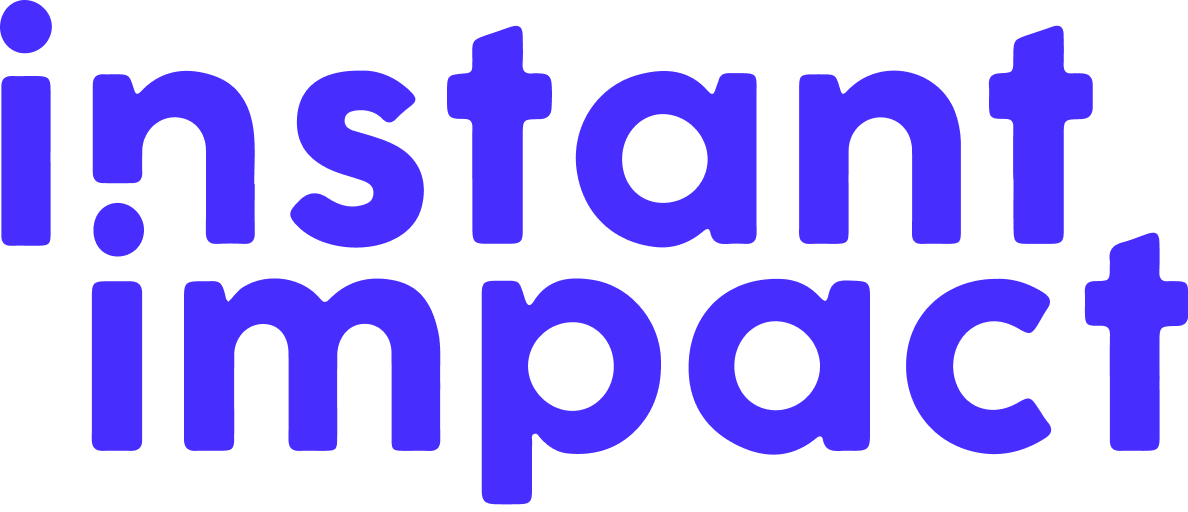Most businesses talk about wanting to work with forward thinking and disruptive suppliers. I wonder then whether procurement departments know how much the game is weighted to larger players.
My business, Instant Impact, is disrupting the Recruitment Process Outsourcing (RPO) and Talent Solutions space with a data-led and tech-enabled approach to talent acquisition, a new operating model, and a solution built for companies that need to move quickly in an increasingly complex world.
Our clients are usually amongst the most innovative in their industry and put a premium on hiring the very best talent around. That’s why they want to work with us, but they make it hard sometimes!
I thought that I’d share some insights from the perspective of the potential supplier along with some actionable steps that procurement teams can quickly implement to make competition fairer between small and large bidders.
What are the benefits of working with smaller companies?*
One of the key benefits of working with smaller companies is that they are likely to be more willing to carefully tailor their solution to your needs. Only companies that spend the time to meet with potential suppliers before issuing the tender can unlock that value.
Smaller organisations, like ourselves, are often more agile and able to ramp up quickly, for example, our embedded recruitment teams take on average 6 weeks (if not quicker) to start performing and we’re extremely flexible once up and running.
Our cost base is also lower. I can’t speak for all SMEs but we’ve built Instant Impact to be lean. We invest heavily in elements that improve our solution (technology, training, building our own team etc) but think very hard before incurring other overheads (we only have space for 15 of our 70 employees in our office). We’re able to pass these savings onto our clients.
Most larger organisations in our space have huge offices all over the world and a more rigid engagement model requiring new clients to change technology or jump through various hurdles before getting up and running.
If you’re putting too many barriers in front of small players, you will have no knowledge of solutions that might give your organisation a competitive advantage.
(*Read an article published by the Crown Commercial Service on Levelling the playing field: The benefits of working with SMEs)
What can you do to level the playing field?
1. Who are you inviting to the party?
None of us have enough time in the day to do everything that we want to, so it makes perfect sense that procurement teams invite the usual suspects to take part in every tender. In our industry there are a handful of incumbents that have dominated the RPO space for 20 years.
These businesses seem to be invited to every RFP. Fair enough, right? They have amazing track records and scale to deliver most campaigns.
If every procurement department invited one small business to tender for every market leader it would not only even the playing field, but it would also greatly increase the spectrum of solutions to choose from.
In a decade that will likely be defined by disruption, new solutions, and AI/ML new thinking is critical. Your business will thank you!
2. Spend time with the smaller suppliers that you’re planning on inviting to tender.
This will give them insight into your organisation so that they can better shape their proposal to your requirements. I bet that the new ideas you pick up in the process will help to improve the tender itself.
3. Set appropriate RFP questions
Putting together information for an average RFP is incredibly time consuming for any business. The cost of that time differs radically depending on the size of your company. This is another area where the largest suppliers are accidently given the upper hand by procurement processes.
Really thinking about the questions you’re including and the information you actually need will provide huge benefits for your organisation.
You’ll:
- Receive RFPs back more quickly, which means you can make business critical decisions quicker
- Free your teams time up to focus on more procurement and business improvement projects
- Gain more diverse ideas, helping you think in new and innovative ways
4. Refine the onboarding process
Every risk and compliance department in the world would rather a 60-page new supplier onboarding document but, as with RFPs, these questionnaires are often filled out by some of the most senior people in the business.
I'd recommend procurement teams to push back on IT, risk, and legal stakeholders to only submit business critical questions to new suppliers so that your C-level contacts can spend less time on administration and more time on nailing delivery of your new solution.
These suggestions will decrease the time that each tender process takes. They will also help procurement to become a source of new ideas, challenge, and innovative new suppliers by creating a level playing field between industry Goliaths and Davids.





